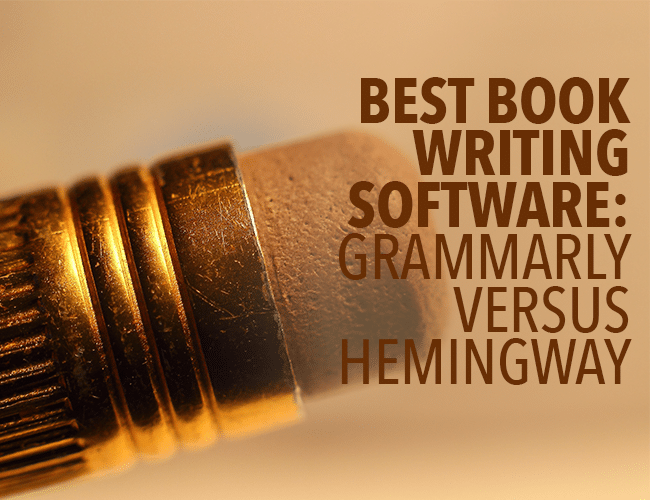
by Sue Weems |
Can book writing software replace an editor? Nope. But it can help you improve your grammar and readability.
You were born to tell stories and share your message with the world. But you sit down to type and something terrible happens. Your fingers misspell things. Verbs switch tenses as you type. Nothing works quite like it did when it was still just a compelling idea in your head.
You reread and catch a few errors, but what if you’ve reached the end of your grammar prowess? Need some book writing software to help improve your writing?
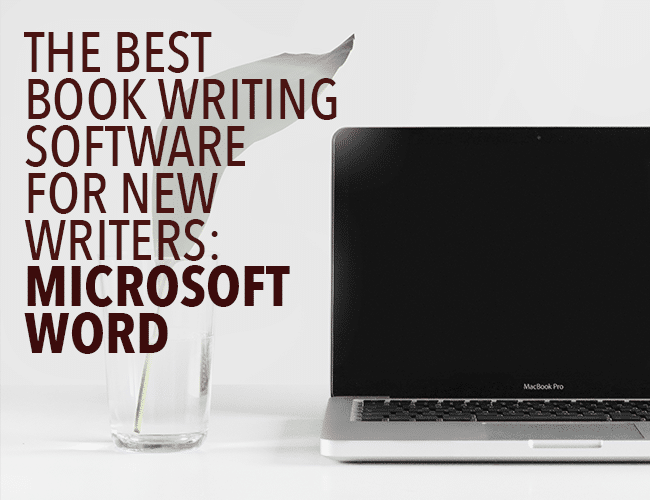
by Jeff Elkins |
It’s easy as a writer to fall into the trap of shiny new toys. There’s an endless number of book writing software programs claiming to be the best at one thing or another, from Microsoft Word to Scrivener to Vellum—and the list goes on and on.
They flash their sexy features at you and promise to be the very thing you need to become the writer you want to be. But sadly, these programs will not make you into the writer you want to be. They offer the world, but often only take your time.
That’s why I would like to offer a defense for using the industry book writing software standard, Microsoft Word.
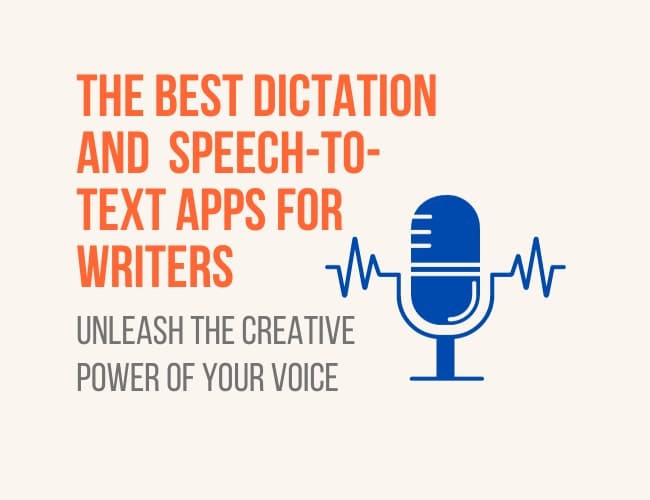
by Jamie Biggs |
If you’re more comfortable talking through your ideas than typing them out, you may want to try one of these speech to text apps for writers. Dictation and transcription provide quick solutions for everything from working through interviews to recording story ideas and chapters. Check out our guide by guest writer Jamie Biggs and see which one is the best fit for you!

by Joe Bunting |
Have you ever finished writing a draft of your book, only to ask yourself, “Now what?”
Maybe you’ve stared at your 50,000+ words wondering which parts work, which don’t, and how to transform this draft into something publishable.
I’ve been there. It once took me more than a year to even begin to figure out what was wrong with my book. And I know from so many writers in our community, who have invested months or even years in finishing their draft, but then weren’t sure what to do next.
In this post, I’m sharing my Twig dev edit review to help you decide if this virtual developmental edit could become the first step after you finish your book.
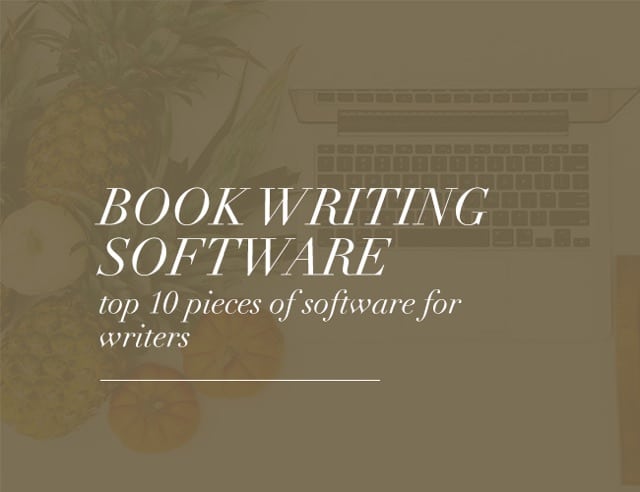
by Joe Bunting |
Writing a book is hard. I’ve written seven books and at some point during each one I had the thought, “There has to be a tool, a piece of book writing software, that would make this easier.”
Bad news/good news: writing a book will always be hard, and the best piece of writing software in the world won’t write your book for you. But the good news is there is book writing software that can make the process a little easier.
In this post, we will cover the ten best pieces of software for writing a book and look at the pros and cons of each.
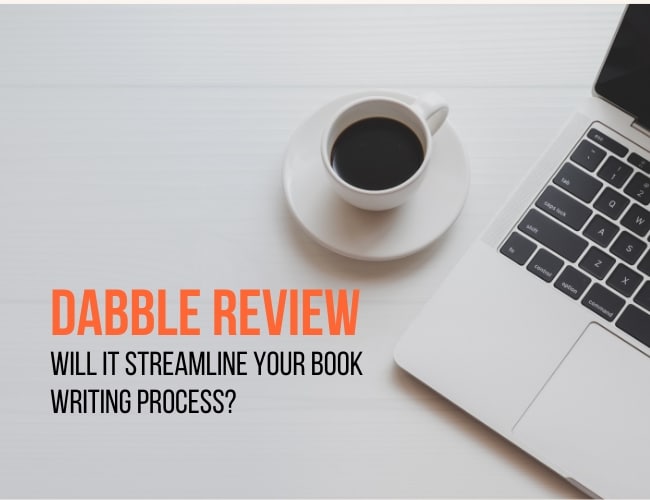
by Sarah Gribble |
As a writer, when you move from whipping up short stories to tackling the beast that is a novel, the cracks in standard word processors start to show. I needed book writing software, and I wanted something powerful but simple to use. I tried a number of programs, but Dabble has been my favorite. Check out my Dabble review and see if it might work for you too.








